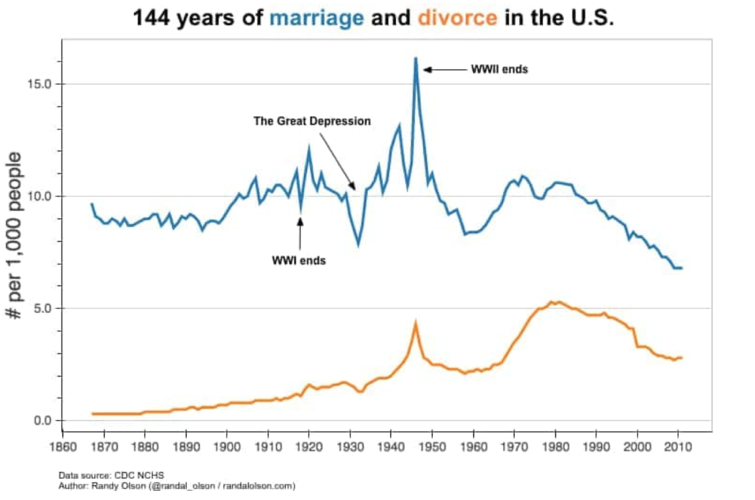Jape
Well-known member
- Joined
- Sep 26, 2017
- Messages
- 1,750
I guess I'll bite. How exactly would you like SCOTUS to enforce wedding vows? You want people to stay married even though they are miserable and create an unhealthy family environment?
First, SCOTUS would not enforce those vows, that would be handled by district courts. Second, you just made a huge jump based off an assumption that was never stated nor implied by me.





